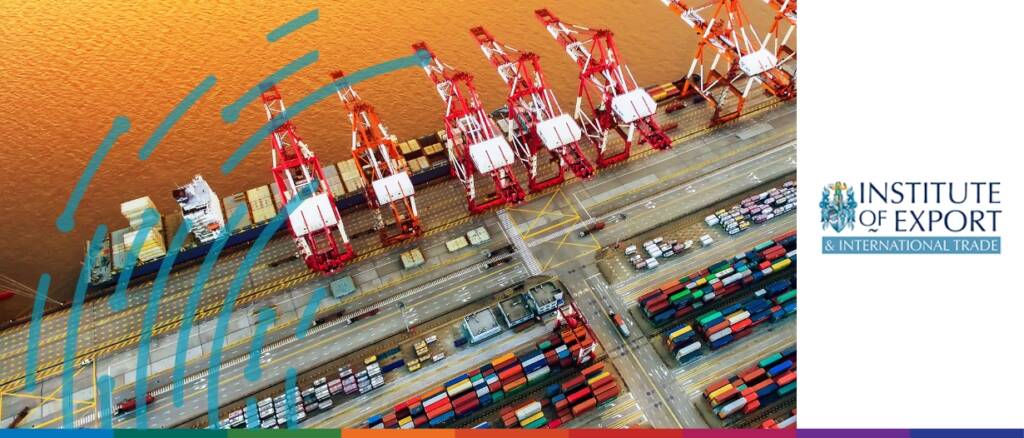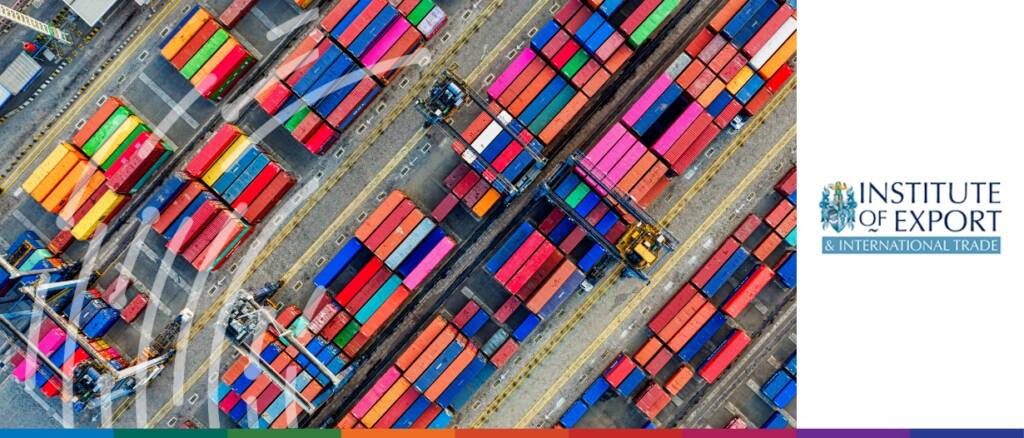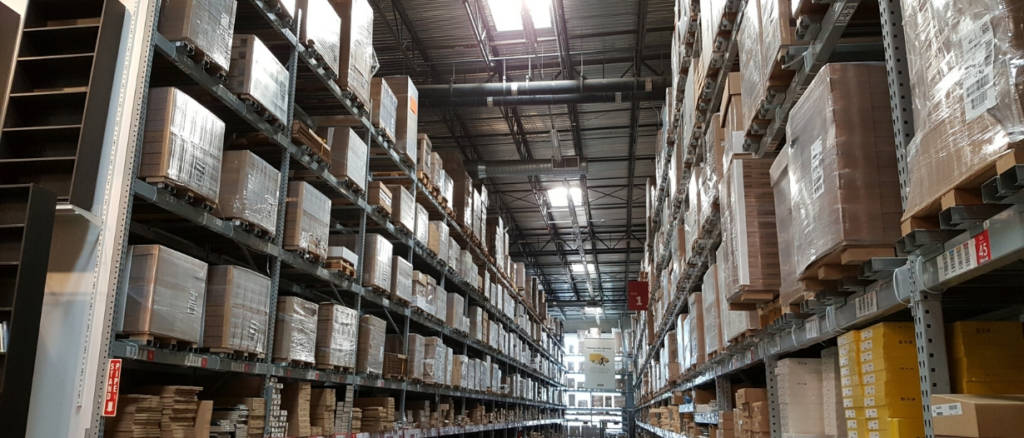We spoke to Ronan Quigley from the British Chambers of Commerce during the World Trade Summit on 23rd October at The Law Society in London. The event took place amid growing speculation about the prospects of a winter General Election, following the Government’s defeat to its proposed timetable for the passing through of its EU Withdrawal Agreement Bill. Ronan gave us an overview of the support landscape for UK businesses, post-Brexit and discussed the new version of the Incoterms.
With the UK and EU yet to reach an agreement on their future trading relationship, it is vital goods vehicle operators are as prepared as possible for a No Deal Brexit. In this scenario, new border procedures and haulier responsibilities will come into effect immediately. Hauliers must ensure they fully understand the new road haulage procedures, documentation requirements and responsibilities that will arise; otherwise, they risk their operations coming to a standstill.
On a rainy morning back in September we hosted a roundtable on collateral management at gunnercooke llp offices. We were joined by our co-host Elena Egorova, Head of Projects, DRUM Risk, an inspection and stock management company. Elena helped us work through an interactive case study based on real events (the infamous worst-case scenario) to track legal issues and practical considerations arising from the storage of commodities.
Looking at the bigger picture of international trade flows and supply chains is crucial when looking at helping businesses access finance. We heard from Tony Brown at the Annual WOA Convention, discussing the world of open account pre- invoice, including purchase orders, transportation, distribution and pre-shipment finance.
Michael Rolfe, Head of Commodity Finance at Bank Leumi spoke to TFG’s Deepesh Patel at ExCred Commodities London.
Letters of Credit are an involved subject. Bankers spend lots of time studying the various types and rules and regulations. “But hold on” I hear you say. I thought this article was entitled ‘Demystified.’ Well, for the typical importer or exporter dealing in individual transactions, they can be quite straightforward.
Brexit continues to cause changes to the UK construction industry, with impacts ranging from a freeze/slowdown in trade to the decreasing availability of construction workers from overseas. The risky construction sector is showing contraction due to the longer-term uncertainty.
PARIS, 12th June. Today marks the release of the ICC Banking Commission’s 2018 Trade Register Report – again highlighting the low-risk nature of trade finance in comparison to other asset classes.
Since its inception in 2015, OakNorth has gone from strength to strength. Indeed, last year the British challenger bank reported a 220% increase in profits from the previous year. So what is the story behind OakNorth and why is it growing so quickly?
UK exporters that had previously only traded with the EU are now having to wise up to the fact that Europe may become a true export market, and that they will have to register as an ‘Economic Operator’ and need an EORI number.























